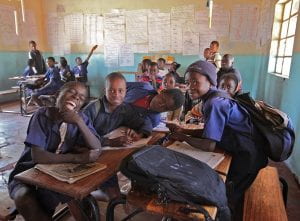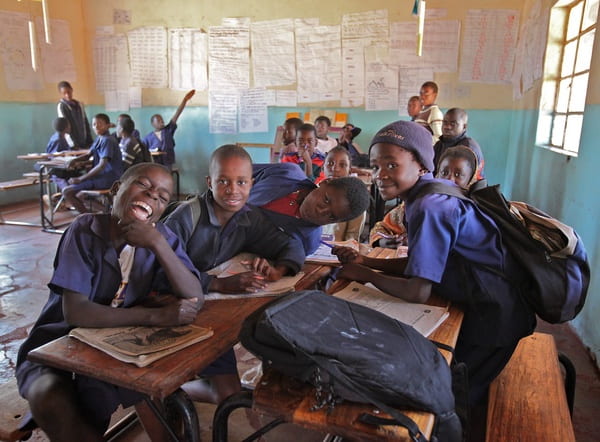by Grace Ndanu

As the novel corona virus spreads across the world, states and localities are faced with mounting pressure to close the school doors. The closing of schools has left children, teens and young adults with nothing to do because there was never a notice. Before the introduction of online learning, which was first provided through the radio and the television and then through Zoom and Skype, Kenyan children ended up walking through all the neighborhood while many teens and the young adults ended up engaging in dangerous activities like drug abuse, stealing and sexual activities that resulted to so many girls being pregnant. This became a very big concern to the nation apart from Covid-19. When the number of new cases were being aired, the teenage pregnancy cases were aired alongside it.
The purpose of closing the schools was to curb the spread of the virus. And hence transitioning to online learning became the only option, which was and is still not easy. Among many challenges from providing meals, proper clothing, proper health, to proper housing for the low income families it will never be easy. In Kenya, a person is considered poor when they lack the most basic needs. Also as long as a family has somewhere to lay their heads at night or has a shelter to keep them off the storms, cold and the hot sun, that family is regarded as okay they do not have to worry because they are surviving. This suggests that technology is not a necessity or a basic need. In Kenya, we are in need of technological empowerment.
There are so many private schools compared to government schools. In these schools the majority of the students are from rich families, that is 70%, while 30% are there because of sponsorship and scholarships. The government schools holds more of Kenyan children because majority of Kenyans are technically poor. There is no option of private school to these parents because even most of them send their children while they are still under age just for them to go and eat their lunch because when they stay at home they will have nothing to eat, instead as little they are they will have to wait till dinner. That is a bonus for the government.
In Kenya advanced technology was just introduced a few years back, meaning technology is still young. There are still households with no electricity, a radio or a simple mobile phone for just communicating. Technology courses were also introduced and they are improving since the stereotype of saying that technology courses for example computer science is made for boys is fading away and now even girls are doing better than the boys in the course. That is the good news about technology, the bad news is that, around 60% of the poor children in Kenya have little or no access to technology for learning that is the smartphone or the computer and the internet to make the learning easy.

This makes only children from the private schools able to continue learning. But not all who continue learn online 20% are left out. Also the troubling gap in the opportunity to continue learning emerges between privileged and vulnerable children when looking at responses by other markers of economic advantages such as employment and food security status. 10 in 60 children of employed parents have access to both a device and the internet for learning always, or most of the time. This on demand availability drops where other children living in households where the parents are unemployed.
There is an extent where families who afford two or one meal a day, give it up and instead of eating or have little small that day, what was to be used to buy food will be used to pay for the virtual education by purchasing some internet bundles and if there is no a gadget to be used, the child will have to walk miles away from home in order to access cyber. The long walk will make the child tired even when it is time to concentrate, he or she is tired even to listen. The long walk is also exposing the child to sexual abuse by strangers and before they get to speak out it is too late, which will even make the concentration more difficult hence dropping of the performance.
Many people in Kenya acquire phones only when they are already at their 18th year and some even at their 20s. Considering this, the children who were and are still learning online are really struggling because they are not familiar with the gadgets or the process itself. If the class was to start at 8am and end at 10am through zoom, the child will join the class at 9:30am or even she will never join basically because she does not understand which button is which.
The government or the stakeholder responsible for children and everyone’s right, make technology as a basic need, with that learning will become easy and efficient to everybody, be it grandparents, parents and the children.

